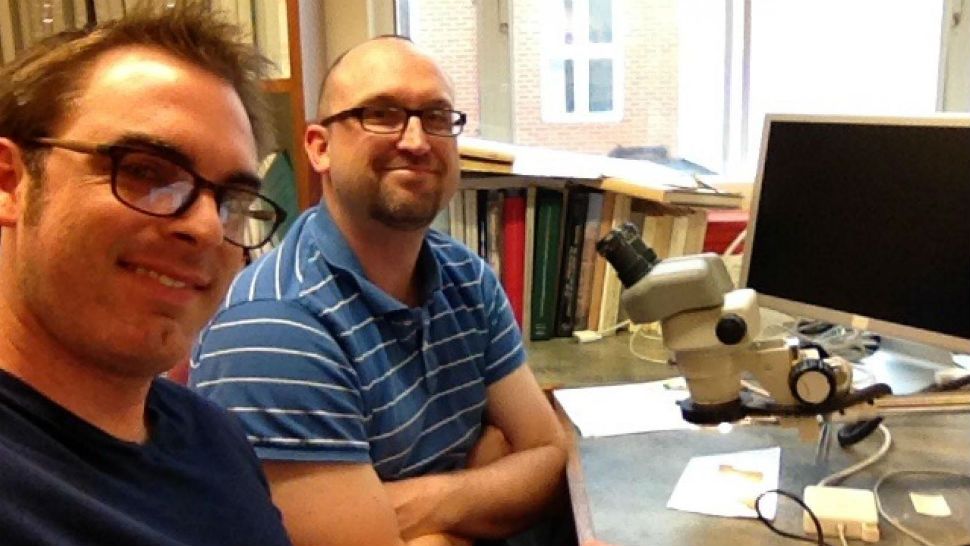
AUSTIN, Texas — A team of religious studies professors at the University of Texas uncovered and decoded an ancient text that may give interesting insight into Jesus' teachings.
During a trip to Oxford University, Geoffrey Smith and Brent Landau found several fifth- or sixth-century Greek fragments of the First Apocalypse of James. Until now a Greek translation has never been known to exist.
“To say that we were excited once we realized what we’d found is an understatement,” said Smith, an assistant professor of religious studies. “We never suspected that Greek fragments of the First Apocalypse of James survived from antiquity. But there they were, right in front of us.”
The Gospel of James was first discovered among 52 other in Gnostic Christian texts in the Egyptian town of Nag Hammadi in 1945.
"Gnostic Christians believed that the world was created by an evil, inferior, stupid deity," explained lecturer Brent Landau.
The sect died out as Christianity as we know it took shape.
The texts describe secret revelations Jesus told his brother James, about the heavenly realm and future events, including James’ inevitable death.
"Basically it's telling James, that even though he's going to be put to death soon, he's going to be executed, this is not something he needs to fear," Landau said. "All he needs to do is remember the secret teachings that Jesus has given him, and in particular what he needs is a series of code words, or passwords, to get past these demonic beings that guard the material world."
“The text supplements the biblical account of Jesus’ life and ministry by allowing us access to conversations that purportedly took place between Jesus and his brother, James — secret teachings that allowed James to be a good teacher after Jesus’ death,” Smith said.
Smith and Landau presented the discovery at the Society of Biblical Literature Annual Meeting in Boston in November and are planning to publish their preliminary findings.











